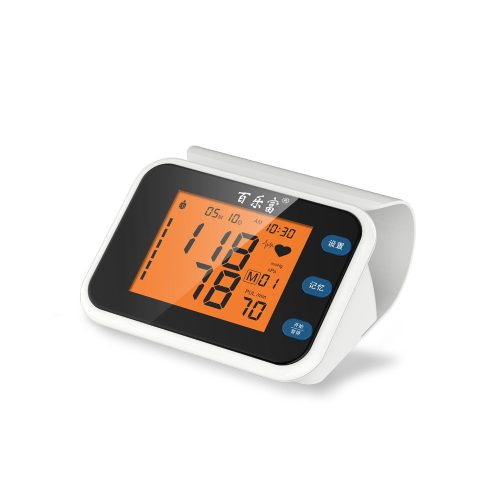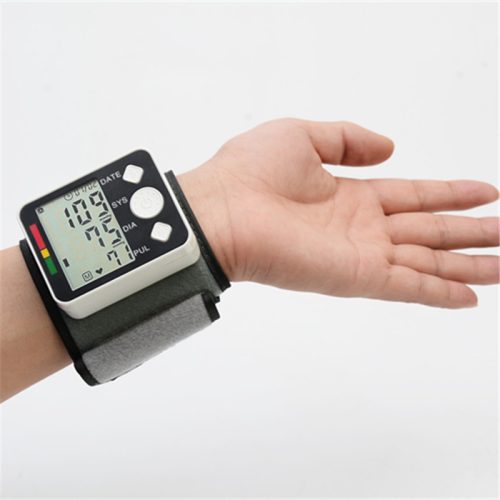Calibrated thermometers play a crucial role in various industries and applications where temperature accuracy is essential. The impact of calibrated thermometers can be significant and far-reaching in several ways:
- Accuracy in Measurement: Calibrated thermometers ensure accuracy in temperature readings. In industries such as pharmaceuticals, food processing, healthcare, and scientific research, even a slight deviation in temperature measurements can have detrimental effects. For instance, inaccurate temperature readings in pharmaceutical manufacturing can lead to compromised product quality or safety concerns.
- Compliance with Standards and Regulations: Many industries are regulated by standards that require precise temperature control and monitoring. Calibrated thermometers are necessary to comply with these standards, ensuring that processes meet the required specifications. For example, laboratories often follow strict guidelines that mandate calibrated instruments for accuracy in experiments and research.
- Quality Control and Assurance: In manufacturing processes, calibrated thermometers are vital for quality control. They help ensure that products are manufactured under specific temperature conditions, which is critical for maintaining product quality and consistency. For instance, in the food industry, maintaining accurate temperatures during cooking, cooling, and storage is crucial to prevent spoilage and ensure food safety.
- Preventing Safety Hazards: In various industries, temperature plays a pivotal role in ensuring safety. For instance, in chemical laboratories, accurate temperature measurements are crucial to prevent reactions from reaching hazardous levels. In HVAC systems, calibrated thermometers help maintain safe operating temperatures, preventing overheating or malfunctions that could lead to fires or equipment damage.
- Cost Savings: Accurate temperature monitoring facilitated by calibrated thermometers can lead to cost savings. For instance, in energy management systems, precise temperature control can optimize energy usage, resulting in reduced energy bills. Additionally, avoiding errors due to inaccurate temperature readings can prevent costly product recalls in industries such as pharmaceuticals and food processing.
- Reliability and Trust: Calibrated thermometers contribute to the reliability of data collected and measurements taken. This reliability fosters trust among stakeholders, clients, and regulatory bodies, enhancing the credibility of processes and products.
In summary, calibrated thermometers have a profound impact across various industries, ensuring accuracy, compliance, quality, safety, cost-effectiveness, and reliability in temperature-sensitive processes and applications. Their proper use is crucial to maintaining standards, meeting regulatory requirements, and ensuring the safety and quality of products and processes.


